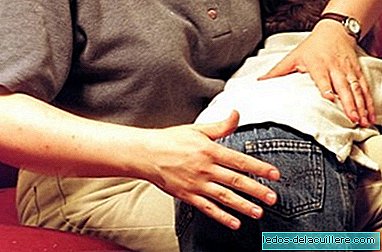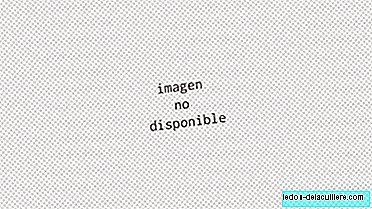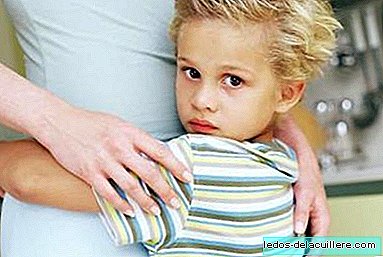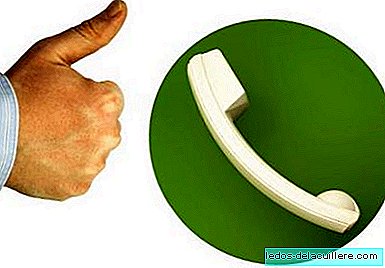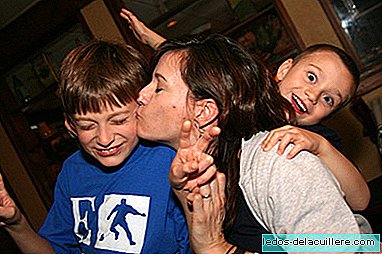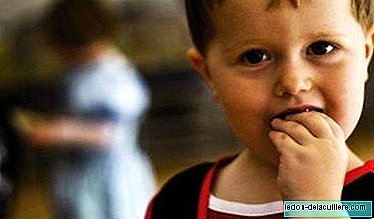
Children are capable since they are born to regulate energy intake to adjust it to the needs of their body. Parents often interfere with this natural process by determining what and how much they have to eat, causing unwanted habits such as eating more than necessary or a long-term excess that can end up being overweight or obese.
We are responsible for instilling in them healthy eating habits since they are small, but sometimes we do not know how to do it or we believe that our way of doing things is correct.
Therefore, what can parents do to avoid interfering with the innate self-regulation of food intake? We can help them self-regulate what they eat Following some advice.
Prizes and rewards
Do not give food as a reward nor link a food event to a reward. Use food as a reward or punishment it's a mistake, because negative and positive ideas associated with a behavior are created.
Sweets are often associated with prizes and food that punishments do not like, but this prevents the formation of adequate self-control of food in the child. It is very common to say "If you behave well I give you a candy" or "If you eat all the broccoli then you have chocolate". The less we condition the food to certain behaviors, the better.
Forbidden food
Do not qualify certain foods as "prohibited" or "bad". Restricting some foods, however unhealthy they may be, does not teach children to regulate their own diet. Imposing strict norms only causes that at the slightest opportunity children decide to eat “forbidden” foods even if they have no appetite.
Several investigations conclude that children whose parents are restrictive with food have less control of their impulses and more risk of being overweight.
"Eat it all"
Do not force them to eat the whole dish. It is to impose what goes against their own needs. It makes no sense to make them overeat because the signs of satiety are canceled out. If the child has no appetite, he must be allowed to eat as far as he wishes.
In the same way, forcing them to stay for a long time is not advisable, as it can lead to overconsumption. They do not have the same times as adults.
Control meals
Do not overdo what you consume or stop consuming. An obsessive concern about whether the child eats or does not eat ends up being counterproductive because he begins to eat based on what he "owes" and "should not" and not based on what he "needs".
The same with meal times. Pecking out of time is not a transgression but a necessity in young children. It is a mistake to think that eating out of time encourages obesity if we offer nutritious and healthy snacks.
What you have to do
The best way to help self-regulate what they eat It is to offer a wide variety of healthy foods from which the child can choose.
The less parents interfere in the child's relationship with food, the more we will be contributing to creating healthy habits and preventing eating disorders.


